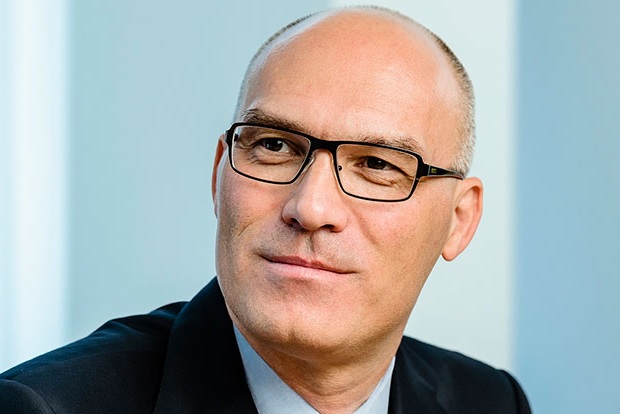The trial will start in Germany, early in 2021, with enterprise participants including Dedrone, Digital Barriers, Groopview, and Unleash live, with HERE Technologies.
Vodafone said it is the first company in Europe to enable organisations to create pilot applications using distributed MEC with Amazon Web Services (AWS), made possible by embedding AWS Wavelength at the edge of its 4G and 5G networks to bring customers and key applications closer together.
Participants in the first trials are varied:
Dedrone is an airspace security service that provides early warning, classification, and identifying the location of drones.
Digital Barriers offer video analytics for body-worn cameras worn by frontline workers in emergency situations.
Groopview allows viewers to watch and talk over live or on-demand streaming video together, even when physically apart.
HERE Technologies provides a real-time hazard warning services for safer roads with digital traffic scenarios.
Unleash live is an AI-powered video analytics platform built to automate real-time visual oversight and alerts for cities, enterprises and infrastructure, such as public safety needs including passengers’ safety and risk alerts at train stations, face mask and social distancing detection in public places, and inspections of major infrastructure like wind farms.
MEC in the Capital
In collaboration with AWS, Vodafone Business’ distributed MEC service will be rolled out from the spring of 2021, starting with the first commercial centre in London, UK, and with other locations in the UK and Germany to follow.
They will give business customers, application developers and independent software vendors (ISVs) the opportunity to develop new digital services with access to real-time analytics so they can better respond to events and end-user needs.
The commercial MEC centre in London will provide an ultra-low latency zone over a wide area and make use of Vodafone’s 5G network in the capital, named the best for video streaming and web browsing by mobile benchmarking company, umlaut.
In addition to areas within and around London, the low latency zone will extend to Cambridge, Oxford, Birmingham, Bristol, and Cardiff, as well as many towns home to tech firms along the M4 motorway corridor and parts of Wales and Cornwall.
More about MEC
Typically mobile data response times are 50 to 200 milliseconds (ms) – the low latency applications enabled by MEC and 5G can theoretically push this down to low single digit ms times.
Vodafone recently achieved a total round trip time from the base station to the location where the MEC application server is hosted of less than 10ms between a test location near Newbury in the south of England and Birmingham in the English Midlands.
Today’s news builds on the agreement Vodafone Business and AWS announced last year.
Vodafone has been piloting MEC based on the AWS Wavelength Zones with customers in two beta trial sites in the UK. An additional beta trial location is due to open in Dusseldorf, Germany, early next year with general availability in Dortmund later in 2021.
This first AWS Wavelength Zone in Germany will enable developers to create ultra-low latency applications for organisations in the economic heart of Germany, including Dusseldorf and Cologne.
In addition to London, these locations will also be used to support innovation hubs for business customers and ISVs.
Companies like Dedrone, Digital Barriers, Groopview and Unleash live have already built and successfully tested applications deployed in Vodafone’s test facilities. HERE Technologies will start trials in Germany in early 2021.
From the top
Vodafone’s Chief Technology Officer, Johan Wibergh (pictured), said, “Every millisecond matters in digitalising manufacturing, safeguarding citizens and workers, transporting medical supplies by drone or eliminating motion sickness when wearing a VR headset.
“Putting these services much closer to the customer with Vodafone’s Edge Computing service will significantly reduce any delay in transmitting critical services. By opening up new innovation hubs within our 5G network, which currently spans 127 cities and nine markets in Europe, we can help turn new business ideas into commercial successes.”


